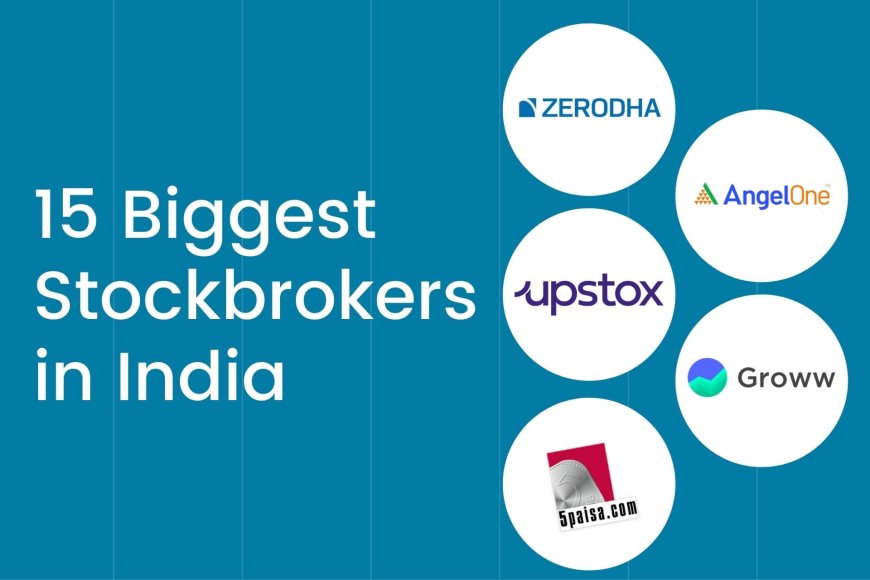Brokers in share market and its types
Best Brokers in share Market How to find

What's Your Reaction?







Join our subscribers list to get the latest news, updates and special offers directly in your inbox

In the share market, brokers are intermediaries or financial institutions that facilitate the buying and selling of financial instruments such as stocks, bonds, and commodities on behalf of investors. They play a crucial role in connecting buyers and sellers, executing trades, and providing various services to investors. There are different types of brokers based on the range of services they offer. Here are the main types of brokers in the share market:
Description: Full-service brokers offer a comprehensive range of services to their clients, beyond just executing trades. They provide investment advice, research reports, financial planning, and other personalized services.
Services:
Cost:
Description: Discount brokers provide a simplified and cost-effective platform for trading. They focus on executing trades and typically offer fewer additional services compared to full-service brokers.
Services:
Cost:
Description: Online brokers operate exclusively through online platforms, allowing investors to trade and manage their investments electronically. Many discount brokers fall into the category of online brokers.
Services:
Cost:
Description: Traditional brokers, sometimes referred to as brick-and-mortar brokers, operate through physical offices. They may offer a mix of online and offline services.
Services:
Cost:
Description: Deep-discount brokers are a subset of discount brokers that offer extremely low-cost trading services. They focus on providing basic execution services at minimal costs.
Services:
Cost:
Fees and Commissions:
Services Offered:
Ease of Use:
Customer Support:
Regulation and Security:
Account Types:
Choosing the right broker depends on your specific needs, preferences, and trading style. It's important to carefully review the features and costs associated with each type of broker before making a decision.







Madhuri Mahto Apr 11, 2023 0 3450
Abhinav Apr 29, 2023 0 2715
Madhuri Mahto May 13, 2023 0 2638
Madhuri Mahto Jul 23, 2023 0 1466
Madhuri Mahto May 21, 2023 0 1405
Khojoindia Nov 9, 2024 0 83
Khojoindia Nov 5, 2024 0 25
Khojoindia Nov 4, 2024 0 20
Khojoindia Nov 3, 2024 0 17
Khojoindia Nov 1, 2024 0 30
